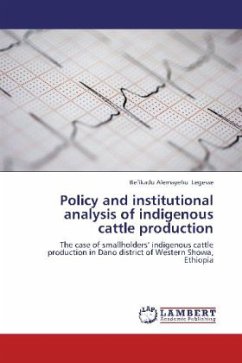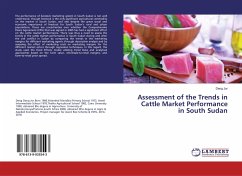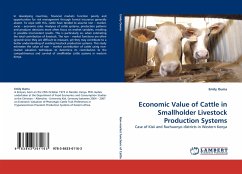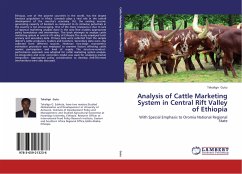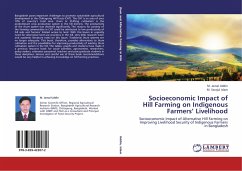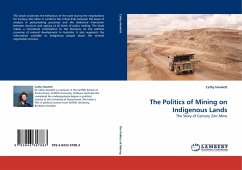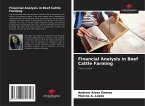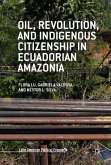Ethiopia has the largest livestock resource that relies on indigenous animal genetic resources. However,much has not been done in terms of their improvement so that these traditional practices are threatened by pressure of economic development and they are believed to be at risk of loss due to genetic erosion. The main objective of this study was to analyze the existing policy and institutional environment in order to identify policies that enhance improved and sustainable use of indigenous Horo strains, and to identify immediate strategic options to address current threats.A total of 150 farmers were interviewed in Dano district,besides,PAM and descriptive statistics were employed to analyze the data.Sensitivity analysis with various scenarios was also done to assess the effect of different strategies on livestock-keepers.The study results indicated that private and social profits of the existing production system were positive; implying that indigenous Horo cattle production isprofitable for producers and the country as well. In this study, possible policy implications have made in order to improve the conservation, management and sustainable use of indigenous genetic resources.
Bitte wählen Sie Ihr Anliegen aus.
Rechnungen
Retourenschein anfordern
Bestellstatus
Storno

